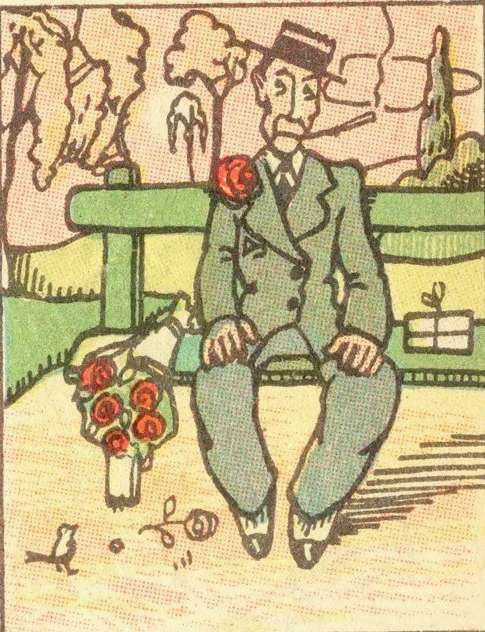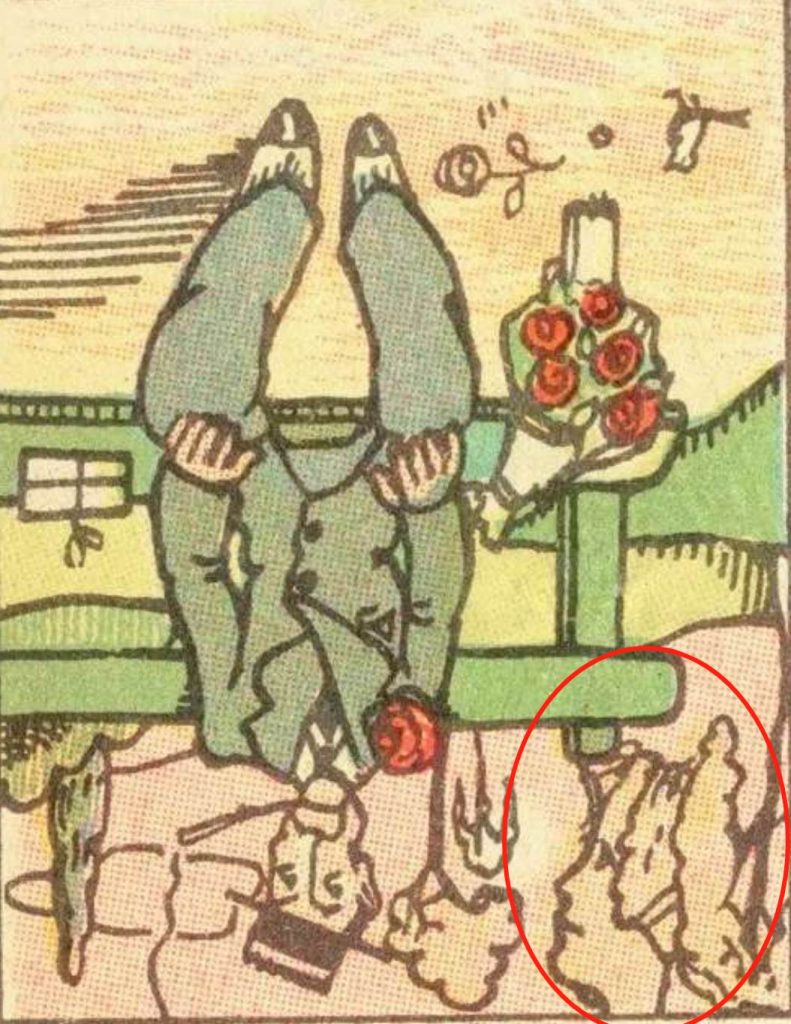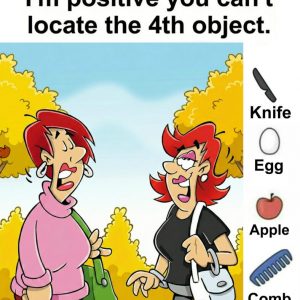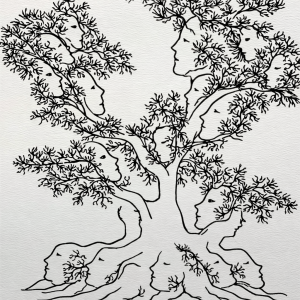Healing a Broken Heart: A Guide to Navigating Love’s Toughest Loss
Understanding the Sting of Heartbreak
We’ve all been there—sitting alone on a park bench, a once-beautiful bouquet of roses wilted by rejection, and a weight in our chest that makes each breath feel heavy. That image of a hopeful suitor left empty-handed speaks to the universal pain of unrequited love or a relationship’s end. Heartbreak isn’t just an emotional bruise; it reverberates through our thoughts, our routines, and even our bodies.

Why Breakups Hurt So Much
- Biological Bonding: When we fall in love, our brains flood with oxytocin and dopamine. A breakup cuts off that chemical reward, triggering withdrawal-like symptoms.
- Loss of Identity: Partners often weave routines, inside jokes, and shared dreams into their sense of self. Losing that mirror can feel like losing part of who we are.
- Social Reverberations: Mutual friends, shared spaces, and even holiday traditions shift overnight, leaving us adrift in formerly familiar waters.
Recognizing these forces helps us treat ourselves with compassion, rather than piling on guilt or self-blame.
The Five Stages of Grief in Heartbreak
- Denial & Shock: “They didn’t mean it. We’ll get back together.” This initial disbelief shields us from the full blow of loss.
- Anger & Bargaining: We replay conversations, wonder “what-ifs,” or lash out at friends who offer unwanted advice.
- Sadness & Depression: Tears, sleepless nights, and a sense of emptiness mark this stage. It’s the heart’s natural release valve.
- Reflection & Loneliness: We question our choices and patterns, weighing personal growth against regret.
- Acceptance & Hope: Slowly, we come to terms with reality and begin imagining a future that doesn’t hinge on that lost relationship.
Everyone moves through these at their own pace—there’s no “right” timeline.

Practical Steps to Mend a Shattered Heart
- Create Healthy Distance: Unfollow on social media, store away gifts, and resist the urge to text “just one more time.” Out of sight helps calm that constant mental churn.
- Lean on Your Support System: Vulnerability deepens friendships. Let close pals or family know you need to vent, cry, or simply share a pizza.
- Set Small Daily Goals: Whether it’s a ten-minute walk, cooking a simple meal, or journaling one line of gratitude, micro-achievements rebuild confidence.
- Explore New Interests: Channel restless energy into a painting class, volunteering at an animal shelter, or learning that guitar riff you’ve always loved. Novelty rewires neural pathways away from grief.
- Practice Self-Compassion: Speak to yourself as you would a dear friend—encourage rather than criticize. Mindful breathing exercises or guided meditations can soothe an agitated mind.
Avoiding Common Recovery Pitfalls
- Rebound Relationships: Rushing into a new romance to “fix” your feelings can lead to more hurt. Give yourself time to heal.
- Numbling with Substances: Alcohol or recreational drugs may dull the pain briefly but often deepen depression later on.
- Over-Analyzing: It’s natural to reflect, but endlessly replaying “what went wrong” can trap you in a loop. Schedule a limited “worry time” each day, then move on.

How to Rebuild Trust in Love
- Reflect on Patterns: Were there warning signs you ignored? Understanding your role doesn’t mean blaming yourself but learning for the future.
- Redefine Your Boundaries: Clear personal values and deal-breakers help you choose partners who respect and share your vision.
- Embrace Vulnerability—Cautiously: True intimacy requires openness, but balance it with healthy self-awareness so you don’t sacrifice your needs.
- Seek Professional Guidance: Therapists or relationship coaches can offer tools to communicate better, process trauma, and regain optimism.
Looking Forward: Transforming Pain into Growth
Heartbreak can ignite profound self-discovery. Perhaps you’ll uncover a love for solo hiking, realize the importance of friends you took for granted, or finally pursue that career pivot you’ve dreamed about. Each tear shed clears space for new joys.

Conclusion: From Wilted Roses to New Beginnings
The image of a heartbroken gentleman, abandoned on a park bench with roses in hand, may feel achingly familiar. Yet, as time and self-care work their magic, that same bench can become a place of reflection—and eventual renewal. By acknowledging the biology of heartbreak, honoring each grief stage, and adopting practical coping strategies, you can emerge stronger, wiser, and ready to let fresh petals of love bloom once more.





